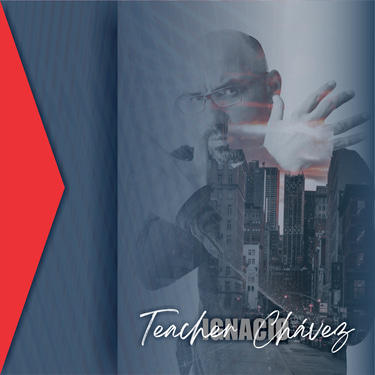Drive – Daniel H. Pink (C1 Level)
ULTIMATE READING
TEACHER IGNACIO CHAVEZ
9/9/20253 min read


Drive: The Surprising Truth About What Motivates Us by Daniel H. Pink explores the psychology of motivation and challenges the traditional belief that people are driven mainly by rewards or punishments. Pink argues that what truly inspires human performance is not external pressure, but an internal drive that grows when autonomy, mastery, and purpose are present — elements that define the essence of genuine motivation.
The book invites readers to rethink how motivation works in modern life, emphasizing that success in creative and cognitive fields depends on inner satisfaction rather than material incentives. Pink’s ideas — which are based on decades of research — reveal how workplaces, schools, and even families can flourish when people are given the freedom to direct themselves.
1. The Evolution of Motivation
Pink divides human motivation into three stages, which reflect how societies and economies have evolved:
Motivation 1.0, which was based on survival, dominated early human life.
Motivation 2.0, which focused on rewards and punishments, shaped the industrial age.
Motivation 3.0, which defines the modern era, values creativity, autonomy, and purpose.
He argues that traditional management systems, which still rely on external control, no longer work for jobs that require creativity and problem-solving. What used to motivate workers on assembly lines does not inspire people whose work involves imagination and innovation.
“We are motivated by autonomy, mastery, and purpose — not by carrots and sticks.”
The transition to Motivation 3.0 represents a fundamental shift in how we understand human behavior. It shows that people thrive when they are free to do meaningful work that challenges them and allows them to grow.
2. Autonomy: The Desire to Direct Our Own Lives
Autonomy, which Pink considers the cornerstone of motivation, refers to the ability to make independent decisions about how, when, and what we do.
He explains that workers who have autonomy are more productive and creative than those who are tightly controlled.
Autonomy allows people to design their environment and manage their tasks in ways that best align with their strengths. Companies that trust their employees often achieve greater results than those that impose rigid supervision.
“Control leads to compliance; autonomy leads to engagement.”
When people are free to make choices, they feel ownership — a condition that enhances commitment and responsibility.
3. Mastery: The Urge to Get Better at Something That Matters
Mastery is the second key element of true motivation. It is the human need to improve skills and reach higher levels of competence.
Pink points out that mastery is a mindset — one that sees challenges as opportunities to grow rather than threats to self-esteem.
He notes that people experience “flow” — a state in which they are fully absorbed in what they do — when tasks are neither too easy nor too hard. This balance creates satisfaction and long-term engagement.
“The joy of mastery is not in reaching perfection, but in the pursuit itself.”
The workplaces that encourage learning and experimentation are the ones where mastery can flourish.
4. Purpose: The Reason Behind What We Do
Purpose, which gives meaning to autonomy and mastery, is what connects our actions to something larger than ourselves.
Pink emphasizes that people are happiest and most fulfilled when they understand why their work matters.
Organizations that clearly communicate their mission inspire employees to work harder, not because they have to, but because they want to.
He argues that profit should serve as a means — not an end — to purpose.
“Humans are purpose maximizers, not just profit maximizers.”
Purpose transforms work into contribution and effort into fulfillment. It’s the difference between doing a job and living a calling.
Main Ideas
Motivation 3.0 describes a new era in which creativity and freedom drive performance.
Autonomy empowers individuals who want to direct their own lives.
Mastery develops through consistent effort that challenges the mind and strengthens discipline.
Purpose connects daily actions to a higher cause that inspires lasting satisfaction.
Organizations and people thrive when intrinsic motivation is cultivated rather than controlled.
Final Reflection
Drive is a book that redefines the meaning of motivation in the 21st century.
Pink shows that when autonomy, mastery, and purpose come together, people not only perform better but also feel happier and more fulfilled.
The author concludes that human potential can only be fully expressed in environments where people are trusted, respected, and inspired.
Workplaces and schools that understand this truth will become the ones that shape the future of innovation and human progress.
“The ultimate freedom is the chance to become who we are meant to be.”
ZOOM CLASSES
ULTIMATE PROGRAM
Tuesday and Wednesday 7:00 PM - 8:30 PM
ULTIMATE PROGRAM
Saturday 8:30 AM - 10:00 AM


